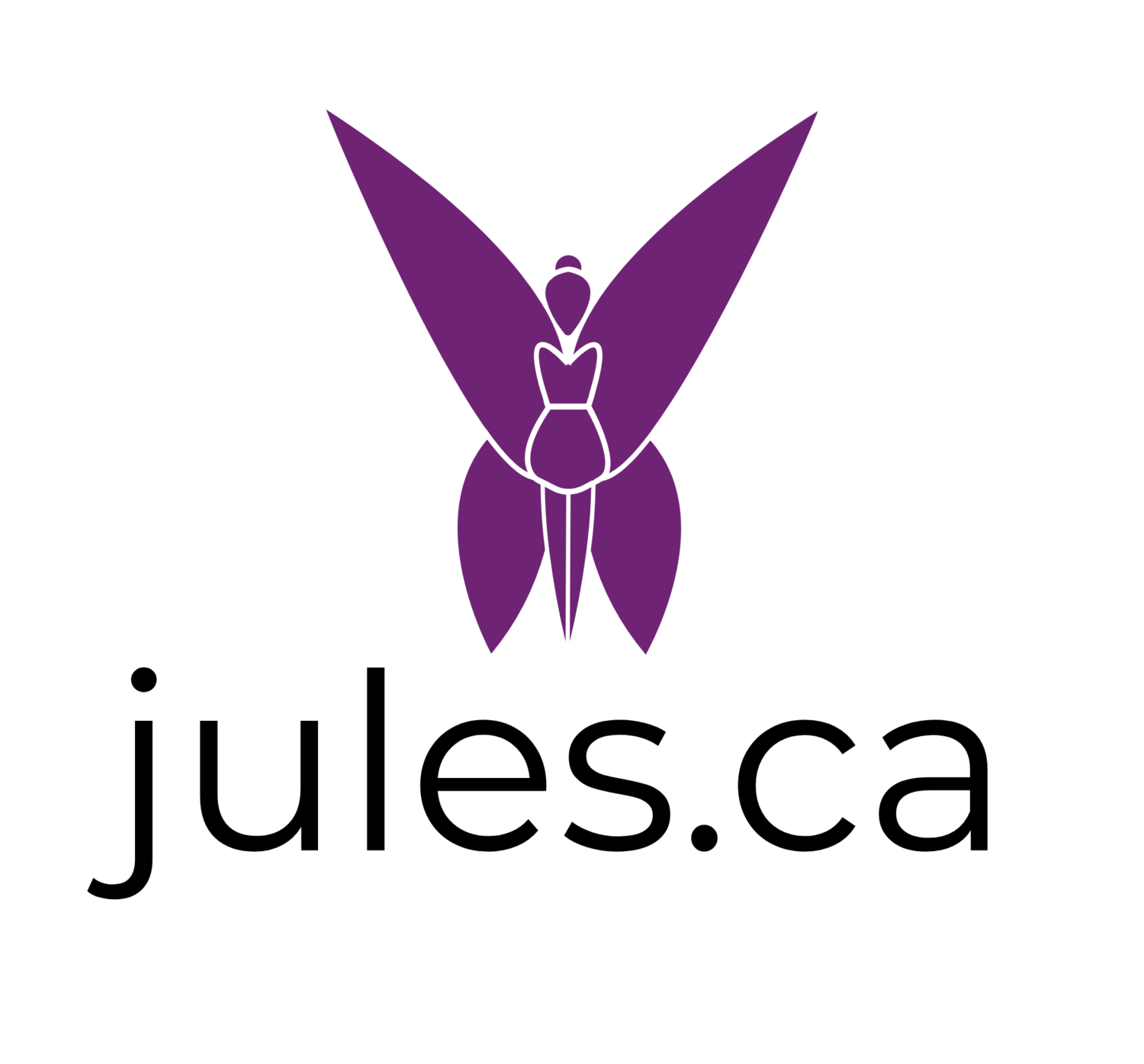One Number to Rule the World
Earlier this week it was announced that the Greater Toronto Area would be receiving two new area code overlays this spring, 437 and 375. Mark Goldberg has an interesting discussion on how many numbers that is, and what it really means. The explosion of wireless devices is being blamed for the increased numbering requirements.
Up until recently, our household had 8 phone numbers associated with it. We regularly have between 16 and 20 IP addresses active on our internal home network. We could easily increase that number by activating some 3G services on various tablets, but we're cutting back ;-D
It seems silly that two people generate that much number waste. In a perfect telecom world, I'd have 1 domain name, and maybe three or four IPV6 addresses, and all of the devices would have a find me follow me feature. I'd connect to the internet and the world would be able to find me, and vice versa. No more phone numbers. Once DNS takes over the PSTN, life will become infinitely easier to manage, certainly from a translations and numbering perspective. Gone will be the day of end offices and toll switches. Hello wireless and wifi and broadband. It's already converging in carrier core backbone networks and international call routing at the carrier level. Now it's just a waiting game until IP makes it way to the great unwashed masses.
Unfortunately, until we push the boundaries of universal broadband or wireless coverage, we're going to have to deal with the copper last mile in Canada, and the use of old school phone numbers. Couple that with the fact that 1 in 6 households doesn't own a computer yet and it becomes dauting to think of a life without the old Public Switched Telephone Network.
It's encouraging that 95% of Canadian households with a computer are connected to the internet. Of that 95%, only 30% have high speed access - another disappointing statistic. Maybe in my lifetime we will be able to switch to a pure IP communications world, but I'm not optimistic. Until then, I suppose I'll just have to deal with my eight phone numbers :-\

